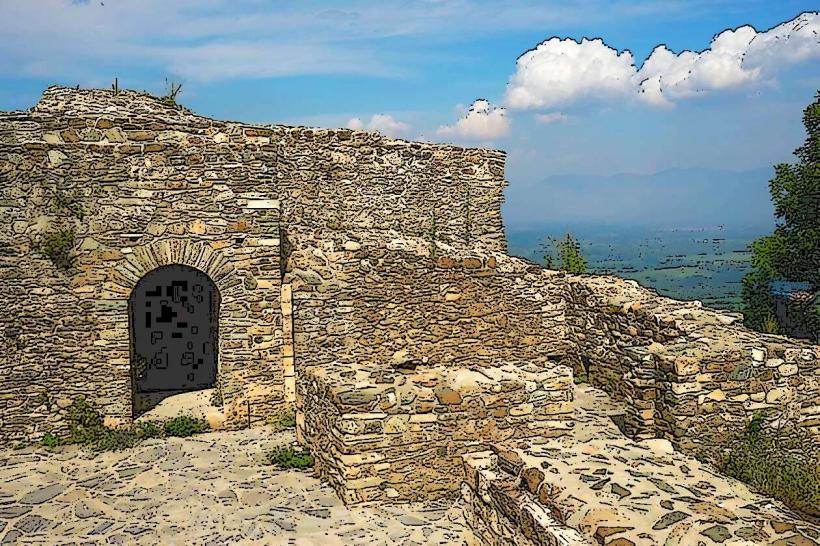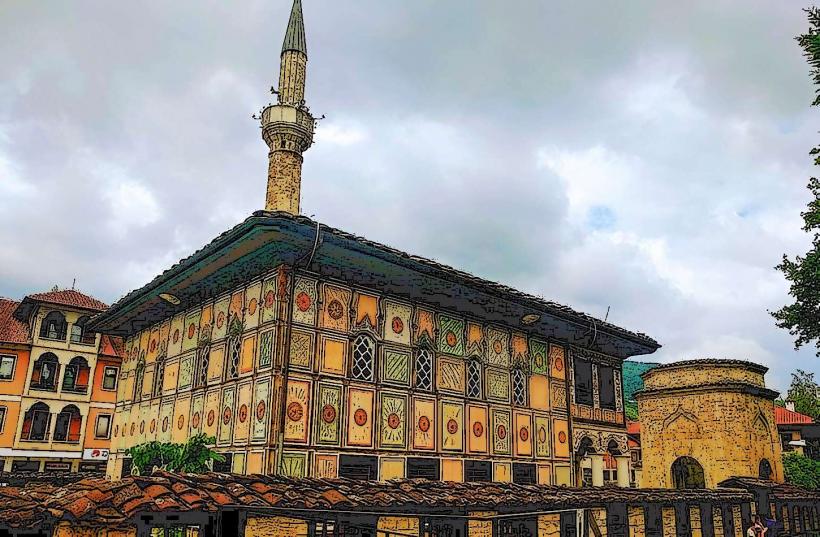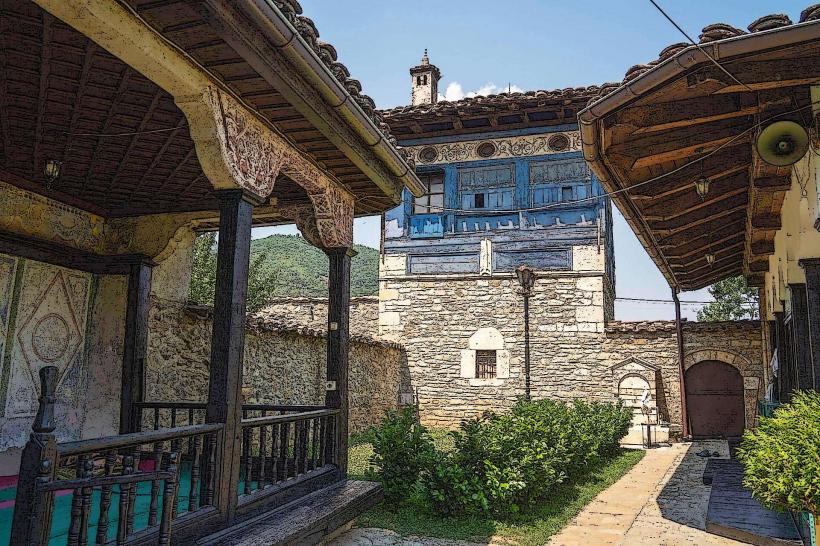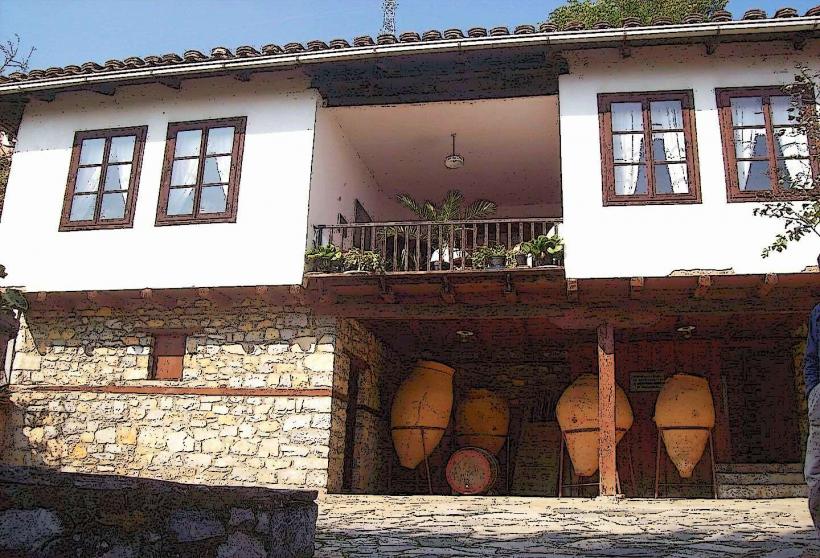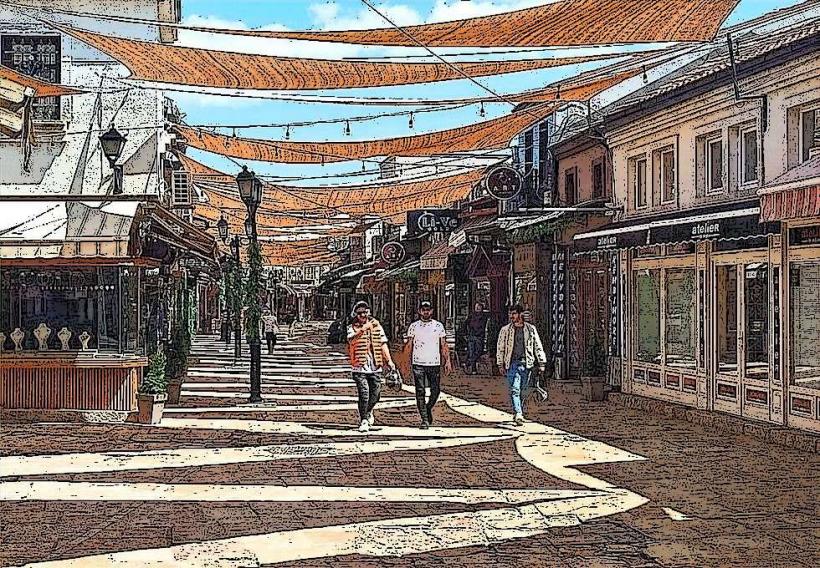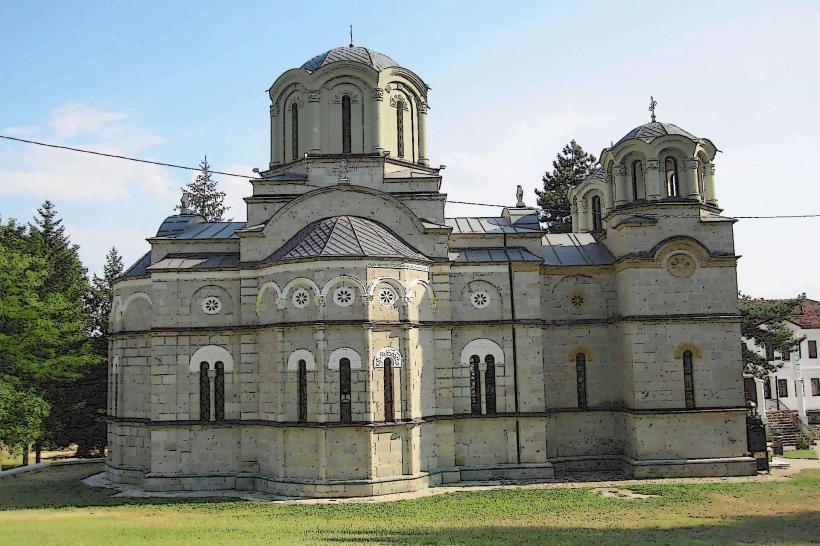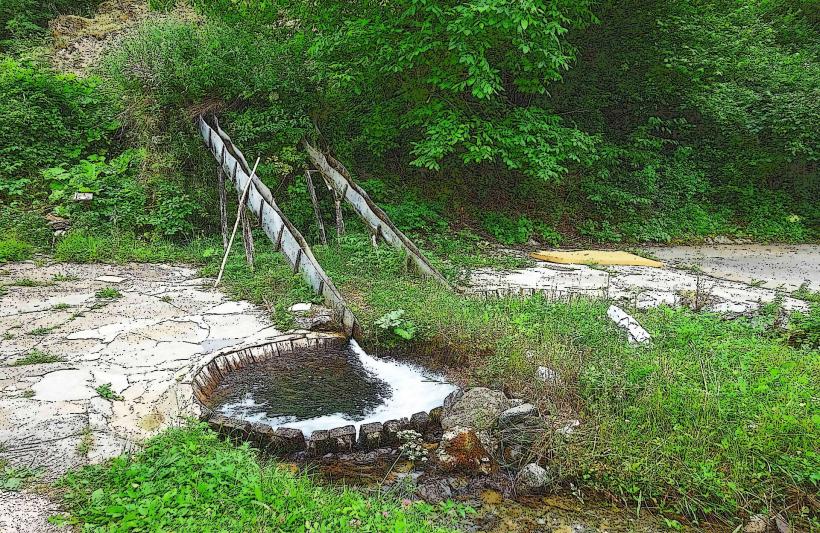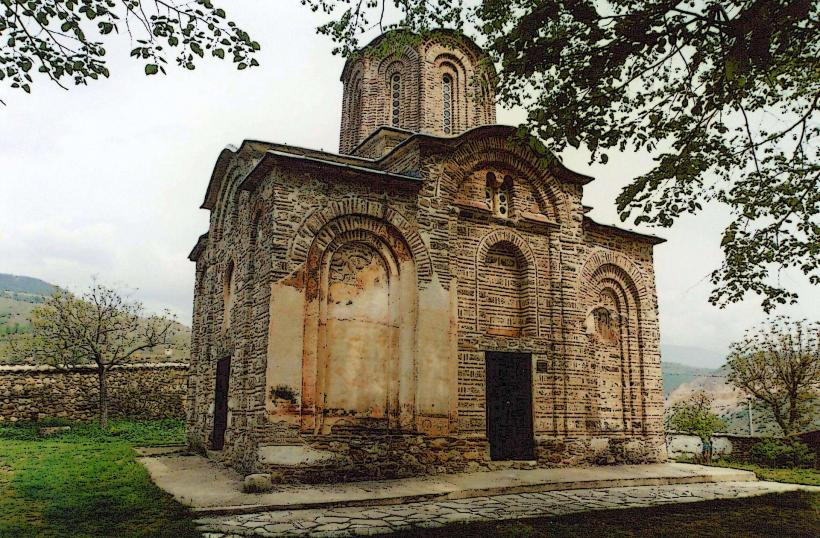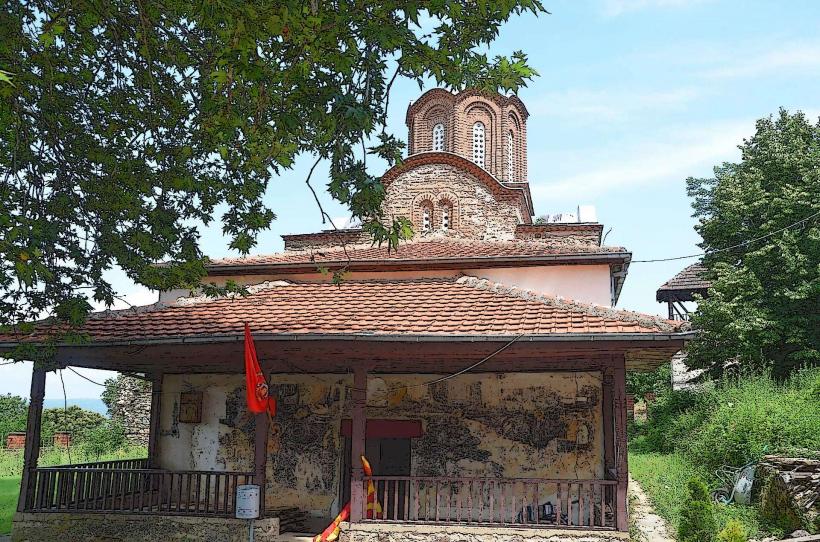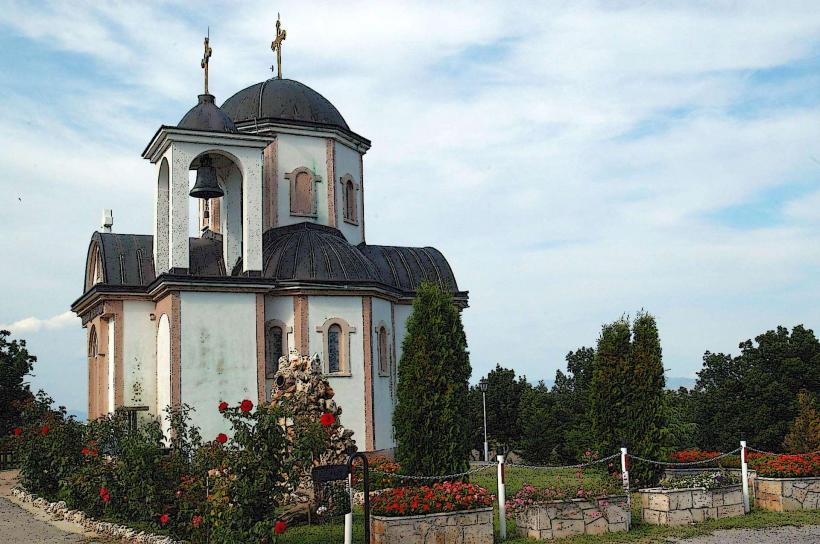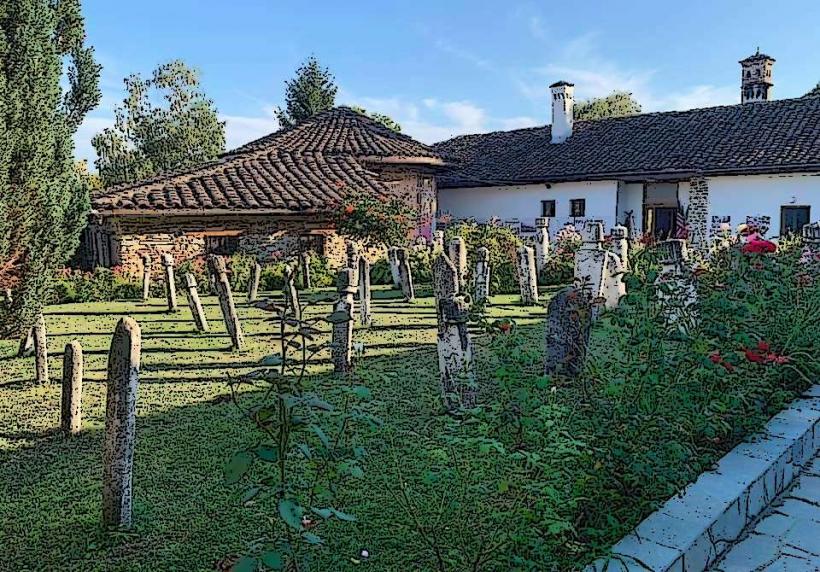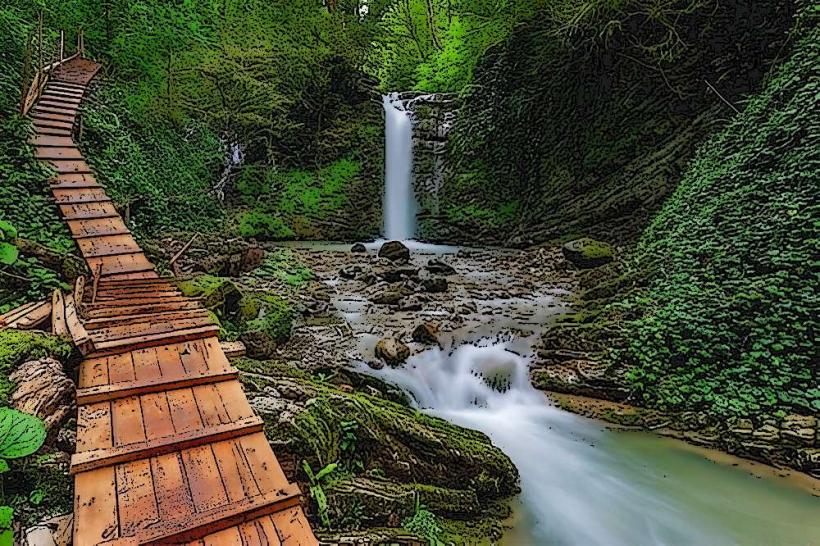Information
City: TetovoCountry: North Macedonia
Continent: Europe
Tetovo, North Macedonia, Europe
Tetovo functions as the primary cultural, educational, and political pivot of northwestern North Macedonia. Situated at the foothills of the Sharr Mountains and bisected by the Pena River, it serves as a specialized node for Ottoman artistic heritage, Bektashi Sufism, and alpine sports. It is defined by its status as the de facto capital of the country's ethnic Albanian population, its dual university presence, and its 2026 role as a central focus for massive infrastructure renewal.
Historical Timeline
Antiquity: Originally known as Oaeneum; a strategic Dardanian and later Roman settlement.
14th–15th Century: Conquered by the Ottomans; later briefly held by Skanderbeg’s forces following the Battle of Polog.
Ottoman Zenith: Transformed into a major administrative center where specialized religious and social complexes, like the Arabati Baba Tekke, were established.
2026 Context: On January 12, 2026, the local government confirmed the signing of a specialized agreement for 34 capital infrastructure projects, including the total modernization of the city's water supply and road networks.
Demographics & Population
The urban population is approximately 73,000 (2026 estimate), while the municipality houses roughly 84,770. The demographic is predominantly ethnic Albanian (~71%), with Macedonians (~18%) and smaller Roma and Turkish communities. It is a specialized educational center, hosting both the State University of Tetovo and the South East European University, attracting over 20,000 students annually.
Urban Layout & Key Districts
Illyria Square (Sheshi Iliria): The specialized central heart of the city; a pedestrian-heavy hub for commerce and political life.
The Old Quarter: Located on the right bank of the Pena River, containing a high density of Ottoman monuments and traditional stone bridges.
Popova Šapka (Kodra e Diellit): A specialized mountain resort district 18 km west; situated at 1,700m, it is the primary center for winter sports in North Macedonia.
The Industrial Zone: Located toward the east, specializing in metallurgy, textiles, and 2026-era green energy manufacturing.
Top City Landmarks
Painted Mosque (Šarena Džamija): A specialized 15th-century masterpiece; its facade and interior are decorated with over 30,000 eggs used in the pigment mixture to create vivid floral and geometric frescoes.
Arabati Baba Tekke: One of the most significant specialized Bektashi Sufi monasteries in Europe; a sprawling 16th-century complex featuring prayer halls, wooden pavilions, and lush gardens.
Tetovo Fortress (Baltepe): A specialized 1820 Ottoman citadel situated on the hill above the city, offering the primary tactical and visual vantage point over the Polog Valley.
Monastery of Lešok: 8 km away; a specialized spiritual site containing the 14th-century Church of the Holy Mother of God and the tomb of the educator Kiril Pejchinovikj.
The Stone Bridge: A specialized Ottoman-era structure over the Pena River, symbolizing the historical link between the old and new city sectors.
Sharr Mountains National Park: Established as a national park in 2021; in 2026, it serves as a specialized biodiversity hotspot for the Balkan Lynx and Brown Bear.
Transportation & 2026 Logistics
Road Link: 45 minutes from Skopje (40 km) via the A2 motorway.
2026 Infrastructure: The city is currently implementing the "Tetovo-Prizren Tunnel" feasibility and early-stage construction protocols, a specialized project aimed at halving travel time to Kosovo.
Public Transit: 2026 upgrades include the introduction of electric bus lines connecting the city center to the student campuses and the lower stations of the Popova Šapka cable car.
Safety & Environment
The general safety level is high. Warning: Tetovo frequently records high levels of PM10 particles in winter due to its valley geography and industrial proximity; 2026 protocols include real-time air quality alerts via the "Eco-Tetova" platform. In 2026, the Sharr Mountains are under a specialized "Strict Protection Zone" to prevent illegal logging and preserve glacial lakes.
Local Cost Index (2026 Estimates)
1 Espresso (Macchiato): €1.00 – €1.30
1 Tavče Gravče (Traditional): €3.50 – €5.00
Popova Šapka Daily Ski Pass: €18.00 – €25.00
Monthly Rent (1-BR Center): €220 – €350
Facts & Legends
Tetovo is the site of the "Dervish Cara Uprising," one of the largest revolts against Ottoman centralization in the 19th century. Legend states that the Painted Mosque was funded by two sisters, Hurshida and Mensure, who sold their jewelry to ensure the mosque had the most colorful walls in the Empire. A verified fact is that Tetovo is home to the oldest active Bektashi community in the Balkans. Historically, the city was the first in the region to establish a specialized multi-lingual university system to address ethnic educational disparities.

